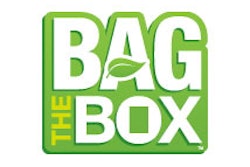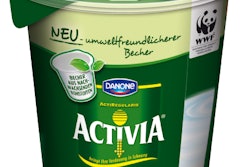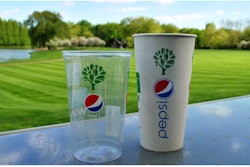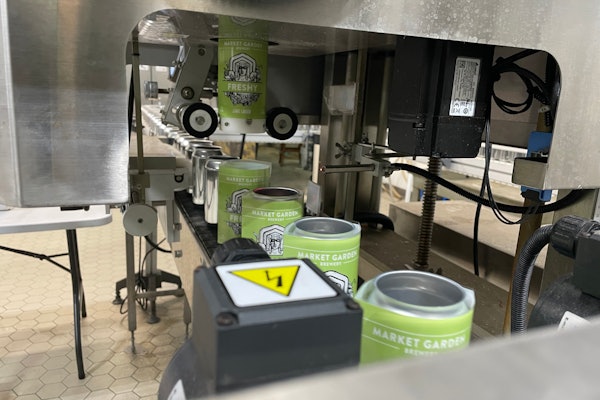The Fundación Avina, the Multilateral Investment Fund (MIF), a member of the IDB Group, the Water and Sanitation Division of the IDB, and The Coca-Cola Company, with support from the Bill & Melinda Gates Foundation, has launched a regional program in Latin America to integrate informal waste collectors into the formal recycling market.
The initiative brings together recyclers, consumer products companies, municipalities, educational institutions, and civil society organizations to discuss proposals and develop action plans for incorporating informal workers into local value chains. The program will make use of lessons learned from projects underway in Argentina, Bolivia, Brazil, Colombia, Peru, and other developing countries, and provide these experiences as models for stakeholders.
It is estimated that more than 4 million people in Latin America live on income earned from the collection of recyclable waste materials. These people, including entire families, work in unhealthy conditions with materials that may pose risks to health.
"It is critical to support the transformation of the market and the organization of informal recyclers to improve their economic and social situation,” says Nancy Lee, MIF general manager. “Greater coordination among recyclers, businesses, and municipalities will improve the quality of life of people engaged in this business."
The program seeks to improve the socio-economic status of waste collectors, involve the private sector as an active partner in facilitating their access to the formal market, and improve the regulatory framework to facilitate market functions.
"Despite their key role in a new market such as recycling, informal waste collectors, and their families remain isolated from society and the economy,” says Valdemar de Oliveira Neto, Fundación AVINA’s director of Continental Initiatives. “This project will enable us to bring together all stakeholders to create an environment that respects their work, demonstrating that it is not only honorable, but also valuable to society.”
“The experience of the past 20 years in the region has shown the need for including the informal sector as an integral part of the formal system of municipal waste management in a process led by municipalities themselves and as a means for achieving economic sustainability of such activities,” says Federico Basañes, chief of the IDB’s Water and Sanitation Division. “The pursuit of such integration is one of the main objectives of the present initiative.”
"This program provides us with the opportunity to contribute to the development of sustainable communities in two areas of particular relevance: social and economic inclusion of people living under very adverse conditions, and environmental protection,” says Jose Octavio Reyes, president of Coca-Cola Latin America. “This program also contributes to our vision of ‘zero waste’ for our packaging, where increased use of recycled materials in our bottles constitutes a central part of this vision."
In some cases, informal collectors are responsible for recovering up to 90% of recycled consumer products materials. But the benefits they receive represent only a very small percentage of the value generated in the value chain. Several initiatives have proven that benefits flowing to these collectors increase through their participation in inclusive businesses sponsored by multisectoral alliances.
MIF is providing $4 million in financing to the project, which will be complemented initially with $1 million from the IDB Water and Sanitation Division’s AquaFund, $1.4 million from the Fundación Avina, and $2 million from The Coca-Cola Company. The program was launched during the VIII Inter-American Conference on Corporate Social Responsibility, held by MIF in Asuncion, Paraguay, in May.


























